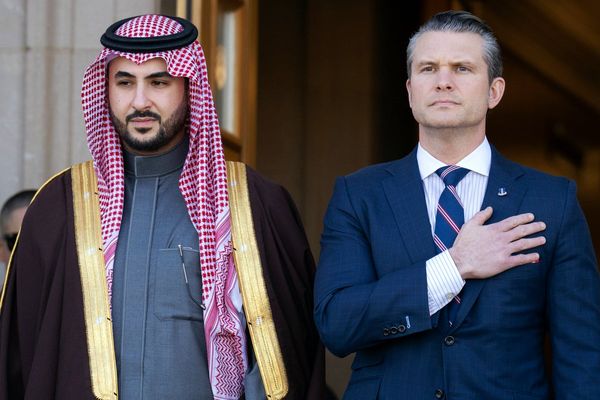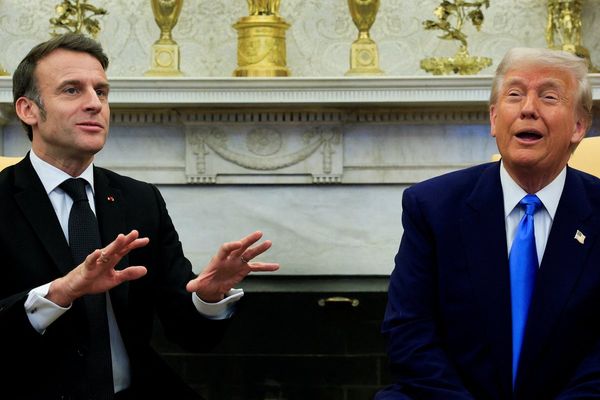
Sanctioned Russian oligarch Roman Abramovich sits in a VIP lounge before a jet linked to him took off for Istanbul
(Picture: REUTERS)The European Union hit Chelsea owner Roman Abramovich with another wave of sanctions as the bloc targets a new package of measures at Russia and President Vladimir Putin’s close allies.
The EU added the 55-year-old to its updated list of individuals facing an asset freeze and travel bans in response to the Russian invasion of Ukraine.
Abramovich was among seven Russian billionaires who had their assets frozen after being added to a British sanctions list last week to try to isolate President Vladimir Putin.
The aluminium magnate has also been suspended as director of the Champions League winners.
The EU said Abramovich “has had privileged access to the (Russian) president, and has maintained very good relations with him. This connection with the Russian leader helped him to maintain his considerable wealth”.
The European Council added 15 individuals and nine entities to its list of people and bodies sanctioned.
According to the 27-nation bloc, Abramovich’s economic activities provided substantial revenues to the Russian government.
“He is a major shareholder of the steel group Evraz, which is one of Russia’s largest taxpayers,” the European Council said.
“He has therefore been benefiting from Russian decision-makers responsible for the annexation of Crimea or the destabilisation of Ukraine.”
In addition to his Russian passport, Abramovich also holds Portuguese citizenship, so it is unclear how a travel ban within the EU would affect his capacity to move freely in the region.
A photograph, obtained by Reuters, showed Abramovich sitting in Tel Aviv airport’s VIP lounge with a face mask pulled down over his chin on Monday.
A jet linked to him landed in Moscow early on Tuesday, after a brief stop in Istanbul, FLIGHTRADAR24 data shows.
The EU sanctions against Abramovich were announced a day after a BBC investigation revealed new evidence about alleged corrupt deals that made the Russian businessman’s fortune.
According to the BBC, Abramovich made billions after buying an oil company from the Russian government in a rigged auction in 1995.The broadcaster said he paid around 250 million dollars for Sibneft, before selling it back to the Russian government for 13 billion dollars in 2005.
Abramovich’s lawyers said there is no basis for alleging he has amassed very substantial wealth through criminality.
Abramovich said last week he was selling Chelsea, but that sale is now on hold with the London club operating under a special government licence, and the Premier League board has disqualified him as a club director.
The sanctions on Abramovich are also affecting his football club. Under the UK Government action, Chelsea will operate through the end of this season with a special “Russia Regulations” licence that among other restrictions prohibits the team from selling new tickets or merchandise, or signing new players.
The club’s future was already in doubt before Abramovich, whose two billion dollar (£1.53 billion) investment in Chelsea over 19 years transformed the team into a force in European football, was sanctioned.
He had put the club up for sale amid growing calls that sanctions be imposed on a person the government has labelled a “pro-Kremlin oligarch” linked to “destabilising ... undermining and threatening” Ukraine.
EU officials said the bloc does not have plans to impose sanctions on Chelsea.







